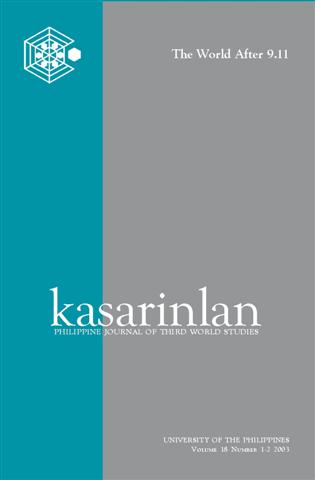Geostrategy of Contemporary Imperialism and the Middle East
Abstract
In its globalized deployment, imperialism was always conjugated in the plural, since its inception in the sixteenth century until 1945. The conflict of imperial powers, permanent and often violent, has in fact occupied a decisive place in the transformation of the world into an arena of class struggle, through which the fundamental contradictions of capitalism are expressed. Moreover, social struggles and imperial conflicts are closely articulated. It is this articulation that determines the course of really existing capitalism. The Second World War should be interpreted as eventuating in a major transformation with regard to the forms of imperialism: the multiplicity of imperialism in permanent conflict was substituted by a collective form of imperialism, combining the centres of the world capitalist system (simply put, the ‘triad’: the US and its external Canadian province, the EU, and Japan). This new form of imperialist expansion went through various phases of development, but has persisted to the present. The hegemonic role of the US must be located within this perspective. General opinion has it that US military power only constitutes the tip of the iceberg, extending the country’s superiority in all areas, notably economic, but even political and cultural. In this light, the American establishment has perfectly understood that, in the pursuit of its hegemony, it has two decisive advantages over its EU and Japanese competitors: control over the natural resources of the globe, and military monopoly. Defeating the US ruling class project is therefore the condition for any significant alternative global system favourable to social and international justice.
Published
2007-12-17
How to Cite
AMIN, Samir.
Geostrategy of Contemporary Imperialism and the Middle East.
Kasarinlan: Philippine Journal of Third World Studies, [S.l.], v. 18, n. 1, p. 05-41, dec. 2007.
ISSN 2012-080X.
Available at: <https://journals.upd.edu.ph/index.php/kasarinlan/article/view/677>. Date accessed: 03 oct. 2025.
Section
Articles
Keywords
Middle East; imperialism; capitalism
By submitting a manuscript, the authors agree that the exclusive rights to reproduce and distribute the article have been given to the Third World Studies Center.



